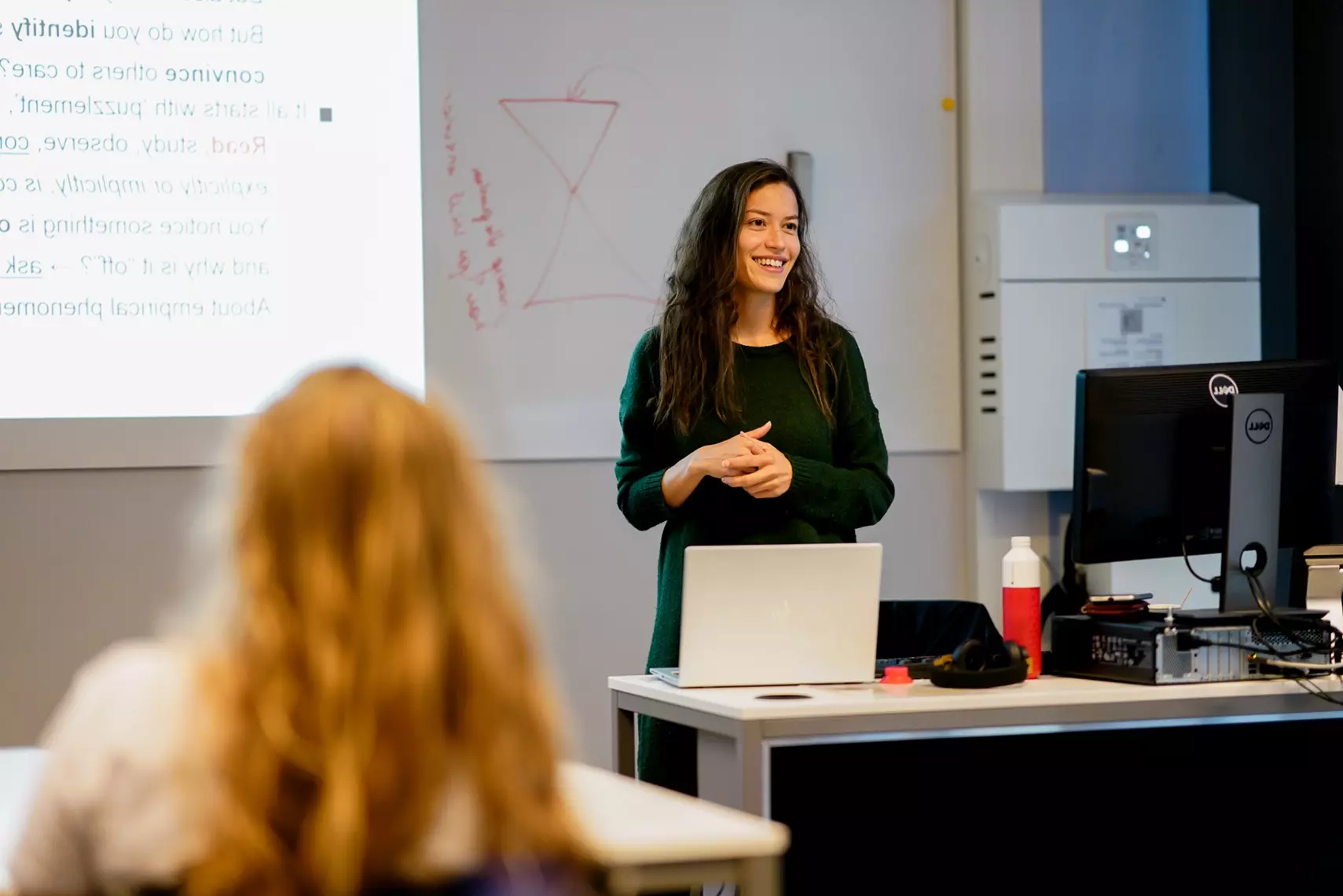Not found

More vacancies

PhD position in NOvel REcyclable GREen polyesTers "NO-REGRET" project
- Faculty of Science
- €2.901 - €3.707
- Closes on06-07-2025
- Master's
- 38 hours
Do you enjoy working in an interdisciplinary research setting and do you want to be active in a project that aims to impact the sustainability of plastics? Would you like to work at the interface between the creativity of academia and the relevance of industrially guided research? The Van ‘t Hoff Institute for Molecular Sciences is looking for 2 ambitious PhD students. Your research is part of the Industrial Sustainable Chemistry group.
View vacancy

Lecturer in International and Transnational Criminal Law
- Amsterdam Law School
- €3.378 - €5.331
- Closes on23-06-2025
- University
- 32 - 38 hours
Have you completed, or about to complete, a Master's degree in International Criminal Law or in adjacent fields of (international) law, and are you enthusiastic about teaching and developing your skills as a professional in higher education? Are you a reliable team player and do you want to share your knowledge with our LLM students?
View vacancy

PhD Position Thalamo-cortical Interactions in the Brain
- Faculty of Science
- €2.901 - €3.707
- Closes on30-06-2025
- Master's
- 38 hours
Are you interested in how the neocortex and thalamus interact with each other in the mammalian brain? Do you like physiological and behavioral experiments in rodents and badly wish to make ground-breaking discoveries? Are you excited by new ideas, new techniques, and unconventional approaches? If your answers are all yes, this project might be for you!
View vacancy
This website uses cookies
We, and third parties, use cookies on our website. We use cookies to ensure that our website functions properly, to store your preferences, to gain insight into visitor behavior, but also for marketing and social media purposes (showing personalized advertisements). By clicking 'Accept', you agree to the use of all cookies. In our Cookie Statement. you can read more about the cookies we use and save or change your preferences. By clicking 'Refuse' you only agree to the use of functional cookies.
